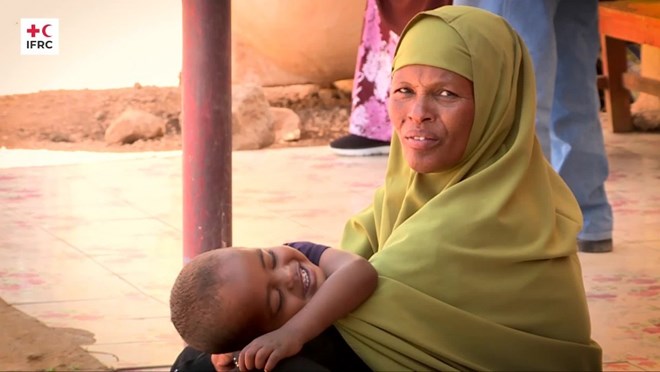
Akmal Dawi
Thursday November 24, 2022

More than 40 million children missed getting vaccinated against measles last year, prompting a significant setback in global efforts to eradicate the highly contagious disease worldwide, the World Health Organization and the U.S. Centers for Disease Control and Prevention said in a joint report Wednesday.
Vaccination campaigns were disrupted in several countries because of COVID-19 pandemic restrictions, dropping global measles-containing vaccine (MCV) coverage from 86% in 2019 to 81% in 2021, the lowest coverage rate since 2008.
advertisements
Now, nearly all of the 40 million children who missed their first or second doses of the MCV are “dangerously susceptible to [a] growing measles threat,” the report warned.“The paradox of the pandemic is that while vaccines against COVID-19 were developed in record time and deployed in the largest vaccination campaign in history, routine immunization programs were badly disrupted, and millions of kids missed out on lifesaving vaccinations against deadly diseases like measles,” WHO Director-General Tedros Adhanom Ghebreyesus said in a statement.
“The record number of children underimmunized and susceptible to measles shows the profound damage immunization systems have sustained during the COVID-19 pandemic,” said Dr. Rochelle P. Walensky, CDC director.
Last year, about 9 million measles cases were reported around the world, with 128,000 deaths.
Over the last two decades, successful MCV campaigns have helped prevent an estimated 56 million deaths globally, according to WHO.
Ten countries in Asia and Africa – India, Somalia, Yemen, Zimbabwe, Nigeria, Liberia, Pakistan, Ethiopia, Afghanistan and Congo – carry the highest numbers of measles cases and fatalities in the world.
COVID-19 restrictions have also disrupted immunization campaigns for polio, which causes irreversible paralysis. Polio has been eradicated all over the world except in Afghanistan and Pakistan, where immunization drives have seen access restrictions because of insecurity and limited public awareness.